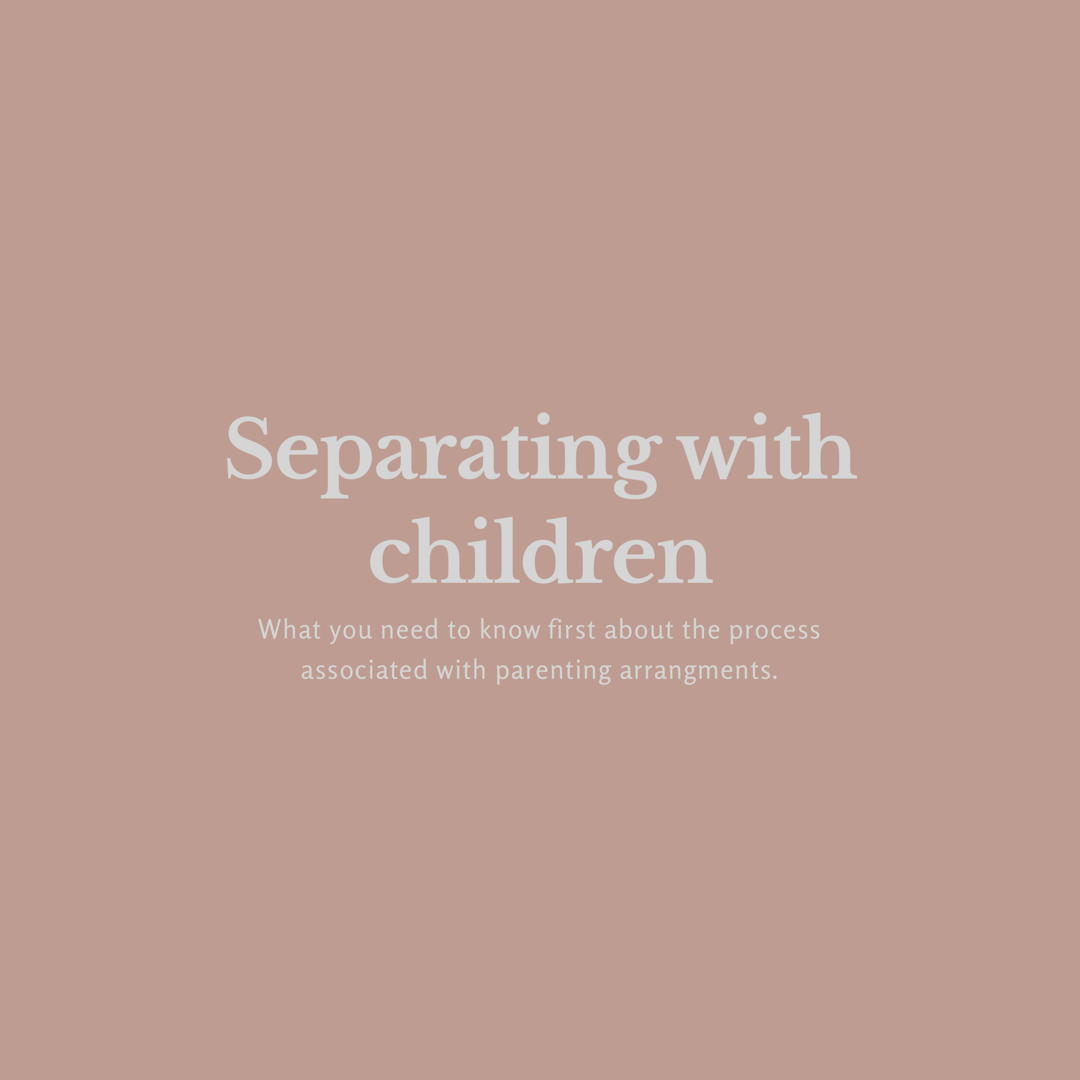Simply put, unless there are exceptional cases or urgency, a parent cannot commence proceedings in relation to the parenting of children unless they first attempt to negotiate the parenting arrangements of children through a family dispute resolution (‘FDR’). Part VII Subdivision E of the Family Law Act 1975 (‘FLA’) provides that the object of the section is to ensure all persons who have a dispute in relation to children make a genuine effort to resolve that dispute by FDR before commencing proceedings.
What is FDR?
In essence, it’s a mediation between parents to assist them in reaching an amicable agreement in relation to the parenting arrangements associated with children. A specialised FDR officer is engaged to undertake the FDR.
Who is an FDR Officer?
An FDR Officer is a person who is accredited and authorised to act in that role and who assists parties to reach an amicable resolution. They are independent of all parties involved in the dispute, meaning they do not side with one party over the other. Their role is not to provide legal advice.
Confidentiality
What is discussed in an FDR is confidential and is not admissible in court (unless what is said amounts to a disclosure of abuse or a risk of abuse).
How is an FDR organised?
FDR can be organised through either a public or private service. Whilst there are pros and cons associated with both options we recommend the use of private FDR services. At McAdam Family Law, we work closely with a panel of nationally accredited mediators and FDR Practitioners. Should an FDR be required we can organise a mediation at a time and location that is convenient for all parties.
What if an agreement is reached during FDR? What next?
If an agreement is reached in relation to the ongoing arrangements associated with children, such agreement should be documented in a formal way to ensure there is no misunderstanding of the agreement reached. The options available to document an agreement will be covered in a subsequent blog however it is important that specialty family law advice is first obtained before preparing an agreement.
What if an agreement cannot be reached during FDR? What next?
In the event that parents are unable to reach an agreement the FDR Officer will issue the parties with a Section 60I certificate. I like to refer to the certificate as being the metaphoric ‘key’, that is where the door that leads into court for a parenting proceeding is ordinarily locked, the certificate is the key that unlocks the door and allows you to proceed into court.
A court must not and will not hear an application in relation to parenting unless a section 60I Certificate has first been obtained (or unless there are exceptional cases or urgency as referred to above).
Exceptional cases or urgency
The circumstances upon which parties are not expected to first obtain a Section 60I certificate include, but are not limited to the following:
· Where there is or has been abuse of a child by one of the parties;
· Where there is risk of abuse to a child if there is delay in applying for an order;
· Where there is or there is risk of family violence; or
· Where an application is being made urgently (i.e. there is imminent risk of a child being removed from the country).
What if we have an agreement in relation to parenting, do we still need to attend upon an FDR?
No. If parties have reached an agreement there is no need for them to attend FDR. However, as mentioned previously the agreement should be documented in a formal way.
CONTACT US
At McAdam Family Law, we are firm advocates in assisting parties finalise their parenting matters without the need of going to Court. If you need more information about your options, contact us today on 1300 014 908 or at info@mcadamfamilylaw.com.au to speak directly with our Mr. Rohan McAdam.
Related Tag: Separation Resolution Gold Coast

